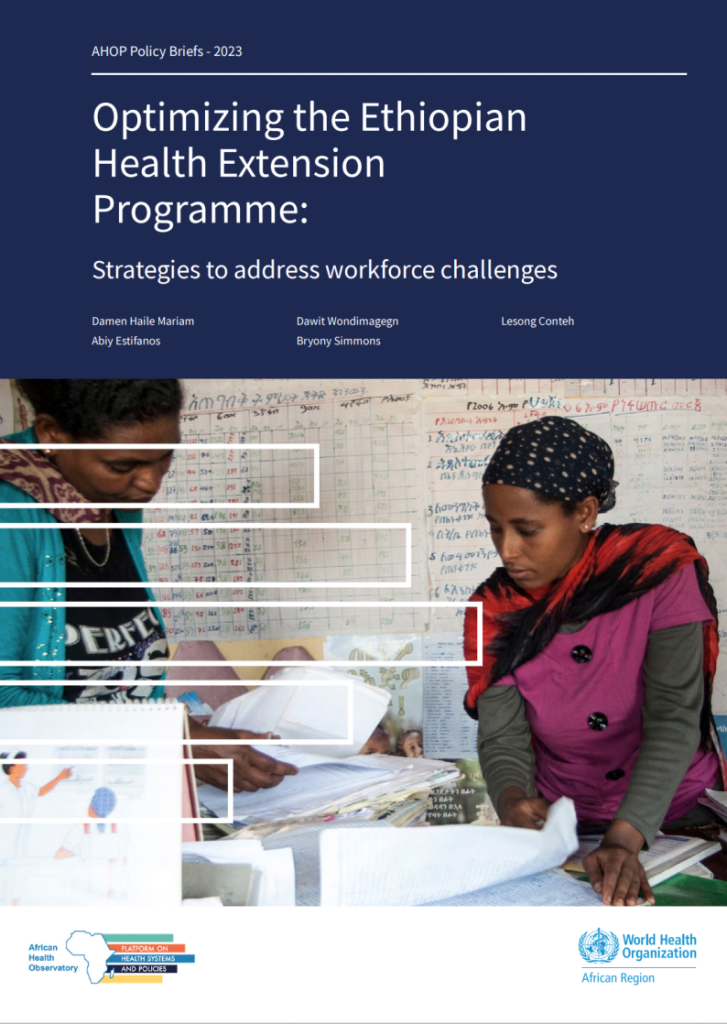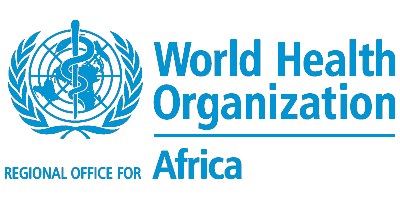AHOP presents a newly launched policy brief outlining possible strategies to address leading workforce challenges facing Ethiopia’s Health Extension Program (HEP). The brief, led by AHOP’s Ethiopian National Centre – College of Health Sciences, Addis Ababa University, highlights potential revisions to the processes of training, deployment, and career development of HEP health extension workers (HEWs). Such efforts could help to optimize HEP, which serves as a flagship program in the delivery of primary health care (PHC) in Ethiopia.
The mobilization of approximately 40,000 HEWs has been critical to the implementation of HEP. However, there are growing concerns over the challenges they face, including the levels of remuneration, the absence of clear and functional career paths, and a lack of a supportive and continuous learning environment. These obstacles have resulted in a growing lack of motivation and job satisfaction as well as inadequate skills among HEWs, limiting the productivity and efficiency of HEP.
Given the Ethiopian governments’ launch of the HEP Optimization Roadmap (2020-2035) and its political commitment to HEP, there is an opportunity to develop new strategies and allocate more resources to improve the working and training conditions of HEWs.
The brief suggests three key areas in need of attention:
- Payment and incentive structures for HEWs.
- Training programmes for HEWs with a revised focus on tasks towards essential health services that can be efficiently and effectively delivered.
- Defining a clear career structure.









